
Vegetable oil is a powerful ingredient for baking, frying, and countless other applications. It’s easy to see why too, given that the oil is basically flavorless and works well at high temperatures.
The oil helps with the texture of your baking or frying, adds moisture, provides texture, and transfers heat quickly. The effects are so essential that many recipes simply won’t work unless you include some type of fat.
But, while fat might be essential, vegetable oil itself isn’t. You can often use substitutes for vegetable oil instead without changing your recipe much at all. This is helpful if you’re concerned about the health effects of vegetable oil or want to cut down your fat intake.
That said, it’s important to find the right substitute for your situation. For example, you’ll want to think about the flavor of your substitute and whether it hardens at room temperature. You might also look for one that’s less processed or one that’s lower in fat.
Thankfully, there are plenty of vegetable oil substitutes, including olive oil, avocado oil, butter, and even some that are oil free, like applesauce. You’re certain to find at least one that meets your needs.
Substitutes For Vegetable Oil
Refined Oils

Most of the time, the term vegetable oil refers to a mixture of highly refined oils, including those from soybeans, canola, corn, and grapeseed. Such oils are liquid at room temperature and their refinement leaves them with little flavor and a high smoke point.
Because of this, the most practical substitute for vegetable oil is to choose one of the oils that it often contains. For example, you can use canola oil or soybean oil as a 1:1 replacement for vegetable oil. There won’t even be any flavor or texture difference.
Of course, these oils have the same limitations as vegetable oil too. This means they’re highly refined and have debatable health effects (for example, canola oil is sometimes considered heart healthy and sometimes considered very harmful).
Olive Oil

Olive oil is a great substitute if you’re looking for a healthier ingredient. After all, it is often made just by pressing fresh olives, making it much less refined than vegetable oil. This is especially true if you choose virgin or extra virgin olive oil, as there are no concerning chemicals used in its production.
The big problem is flavor, as olive oil has a stronger flavor than vegetable oil, one that is also quite distinct. This flavor will have noticeable effects in some situations, especially for baking and desserts. However, the flavor change is sometimes appealing, creating more complexity in your baking.
If you want to minimize flavor effects, look for light olive oil or refined olive oil. Refined olive oil is the most like vegetable oil in that it has the least flavor and the highest smoke point. Still, there’s a tradeoff, as this type of oil also lacks many of the benefits of extra virgin olive oil.
Coconut Oil

Like olive oil, coconut oil is often minimally refined. It’s sometimes seen as unhealthy, due to the high saturated fat content. However, much of that saturated fat is in the form of medium chain triglycerides (MCTs) and these may provide some unexpected benefits.
Coconut oil is tricky for two reasons. First, it’s often solid at room temperature, so you may need to melt it before using it in your recipe. This feature also means that the oil may harden again at room temperature, so it can mess with the texture of some cold desserts and treats.
Second, minimally processed coconut oil has a strong coconut flavor. As with olive oil, this can work well in some recipes and poorly in others.
Refined coconut oil has a decreased flavor and higher smoke point. Plus, it may be liquid at room temperature. Of course, the extra refinement may involve the use of chemicals and decreases some of the health benefits, so there’s a tradeoff at play.
Avocado Oil

Avocado oil is another famously healthy option. It’s rich in heart healthy monounsaturated fats, including oleic acid. Even in pure avocado oil, the flavor is relatively mild, making this a more versatile choice for cooking and baking.
Again, the refined version tends to have less flavor and a higher smoke point, making it even better as a substitute for vegetable oil.
Walnut Oil

Walnut oil isn’t as popular as olive oil or avocado oil, yet it can still work well in a variety of recipes. The biggest issue is flavor, as walnut oil has a distinct nutty flavor you don’t get with vegetable oil.
This nutty taste works well in many salad dressings. Some baked goods work well with walnut oil too, while others don’t suit the nutty flavor at all. Notably, walnut oil is often a poor choice if your baking has delicate flavors. The nuttiness could easily overwhelm other flavors in your recipe.
Walnut oil also has a lower smoking point than vegetable oil. This makes it a poor choice for high heat cooking, including deep frying.
Pistachio Oil

Most of the principles for walnut oil apply to pistachio oil as well, as both types of oil are nutty and have a lower smoke point than vegetable oil.
The biggest difference is price, as pistachio oil is considered a specialty oil and is much more expensive than many other cooking oils (including vegetable oil). The price alone means that pistachio oil is best reserved for cases where you can taste the nuances of the oil.
Notably, it’s best to avoid pistachio oil in high heat cooking and in recipes with many flavors. Using it in those situations would just be a waste.
Sesame Oil

Sesame oil is a little more complex, as there are two types. Untoasted sesame oil is the one we’re most interested in here. It has a high smoke point and just a slight nutty flavor, making it well suited as a vegetable oil replacement.
Then there’s toasted sesame oil. This is most notable for its distinct roasted nutty flavor, one that stands out in many dishes. The intense flavor makes toasted sesame oil popular as a finishing oil, rather than one to cook with. As such, you probably wouldn’t use sesame oil as a vegetable oil replacement.
Melted Butter

Butter is an obvious choice when you’re baking and works well in many situations. You’ll often be able to use a 1:1 replacement of melted butter to vegetable oil, making this an easy choice.
The most obvious difference is that butter tends to make butter richer and seem more decadent. You can even use butter for frying, but care is needed, as it has a low smoke point and can easily burn.
If you are focusing on frying, try using ghee instead. This is a type of clarified butter that has a higher smoke point than butter, while still offering the classic flavor.
Animal Fats

You can also turn to animal fats, including duck fat, chicken fat, tallow, and lard. This substitution is most relevant for high heat cooking and some types of savory baking.
However, the fats often have their own distinct flavors, so they won’t suit all recipes. Be especially cautious if your dish has delicate flavors. In such situations, it’s much better to stick with neutral fats.
Applesauce

Needless to say, applesauce isn’t a good vegetable oil substitute for frying. It does work well in baking though, usually in recipes that are meant to be moist and somewhat dense.
For example, applesauce is a useful oil alternative in brownies, muffins, and some cakes, but a poor choice in cookies. The approach is most relevant if you’re trying to cut down your fat or calorie consumption.
Applesauce is sweet, so it’s not a good choice in savory recipes. You may also need to decrease the sugar content elsewhere in your recipe to stop it becoming overly sweet.
You’ll often be able to use applesauce as a 1:1 substitution for oil, especially if the recipe doesn’t use a large amount of oil. You’ll need to pay attention to the baking time, as using applesauce might increase the baking time of your recipe.
Yogurt

Yogurt is another interesting choice if you want to avoid oil. It works in similar situations as applesauce, as the yogurt adds plenty of moisture to your recipe. You’re also getting a slight tanginess that can work well.
You’re not even limited to plain yogurt. Some types of flavored yogurt will work well too, depending on the flavor profile of your baking (vanilla yogurt is a great place to begin). Greek yogurt is an option as well, provided you don’t mind the extra tanginess.
You can start with a 1:1 ratio for this substitution, but you might need to adjust quantities a little depending on the recipe. After all, different yogurts vary in their moisture content and they all have a different texture than oil.
Fruit And Vegetable Puree

Applesauce works well in some baked goods, so it’s no surprise that some other fruit purees work well too. Even some vegetable purees are worth a try. Possible types include mashed banana, pear puree, apricot puree, avocado puree, pumpkin puree, and more.
The trick is to match the flavor profile of the puree to the recipe you’re trying to make. This often means using fruit purees as part of sweet dishes and vegetable purees for savory ones instead.
Remember that the purees all add moisture to your recipes. This makes them best suited to ones that are meant to be moist and dense, rather than crispy.
You can use a 1:1 substitution here or you can try adding a little less puree. For example, you might use 1/2 cup or 3/4 cup of puree for every cup of vegetable oil in your recipe. This helps ensure there isn’t too much moisture in the final product.
Mayonnaise

Mayonnaise is less common as an alternative to vegetable oil, but you can still use it. The effect is similar to yogurt, in that you’re adding moisture and some creamy flavor, without relying on oil.
Still… mayonnaise is best kept as a last resort, as it can contain emulsifiers and additives. These may have unexpected effects on your baking. You’ll need to pay attention to flavor too, as some of the notes in mayo may not work with sweet recipes.
Nut Butter

Finally, we have nut butters, including peanut butter. These butters contain plenty of natural oil, along with nutrients from the nuts (in contrast, vegetable oil is almost completely devoid of nutrients).
You’ll need to be careful with this substitution, as nut butter has a very different flavor and texture to vegetable oil. You may need to replace a small portion of the oil in your recipe with nut butter, rather than all of it.
Some experimentation will also be needed, as the ideal amount of nut butter will change from recipe to recipe.
Which Vegetable Oil Substitutes Are Right For You?
Healthiest Vegetable Oil Substitutes
Minimally processed olive oil and avocado oil are the healthiest options, as both are rich in monounsaturated fats and antioxidants. These oils also avoid using harsh chemicals like hexane, which is excellent news.
Best Oil Free Vegetable Oil Substitutes
Fruit puree (including applesauce) and yogurt are the most popular oil free substitutes. They’re most relevant for baking and only for products that are meant to be moist and somewhat dense. You can also experiment with nut butter, although it takes time to find the right ratios of ingredients.
The Best Vegetable Oil Substitutes For Frying
When frying, you’re looking for an oil with a high smoke point. Refined oils are an excellent approach here, including soybean oil, canola oil, and refined avocado oil. Refined avocado oil is one of the best, as it has a very high smoke point (often between 500°F and 520°F).
Vegetable Oil Substitutes For Salad Dressings
Neutral oils are perfect for salad dressings, as they don’t mess with the flavor profile. Key neutral oils include canola oil, soybean oil, and refined avocado oil.
If you want health benefits and don’t mind a little extra flavor, try using regular avocado oil, olive oil, or walnut oil. These go through less refinement and include more healthy plant-based compounds.
Best Vegetable Oil Alternatives For Baking
You don’t need to worry about smoke point when baking. The main feature is the oil’s flavor. Most of the time, you’ll want a neutral oil, which generally means one of the refined oils.
Flavorful options like extra virgin olive oil and walnut oil are viable too, as long as the flavor complements your chosen recipe. Options like applesauce and yogurt are less appealing. While these can work in some situations, they often cause texture changes and are not that versatile.

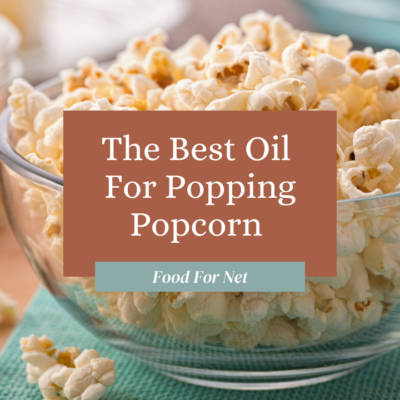

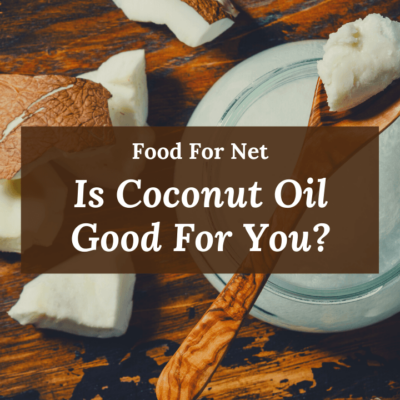

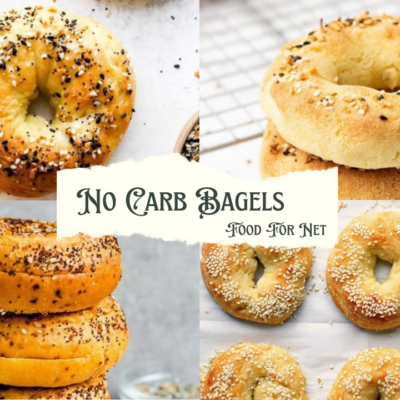
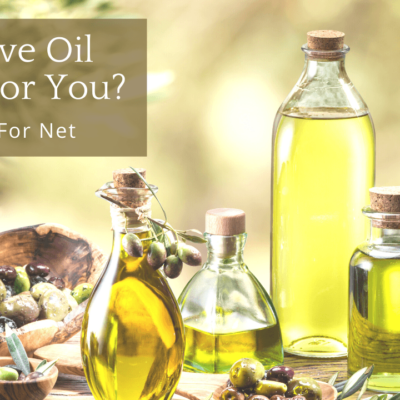
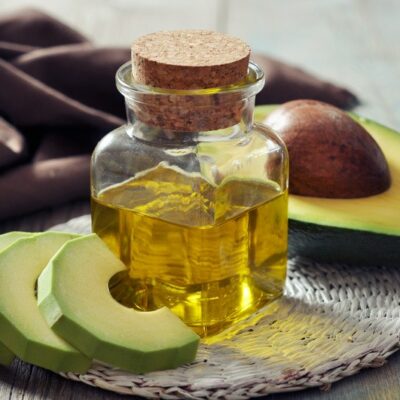




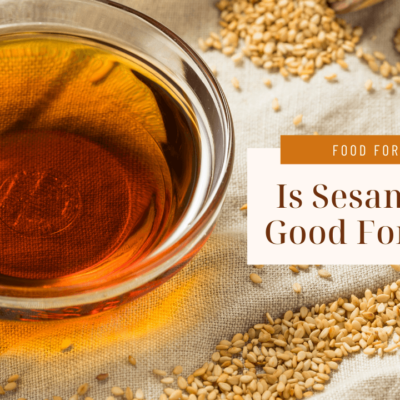




 What To Serve With General Tso’s Chicken
What To Serve With General Tso’s Chicken